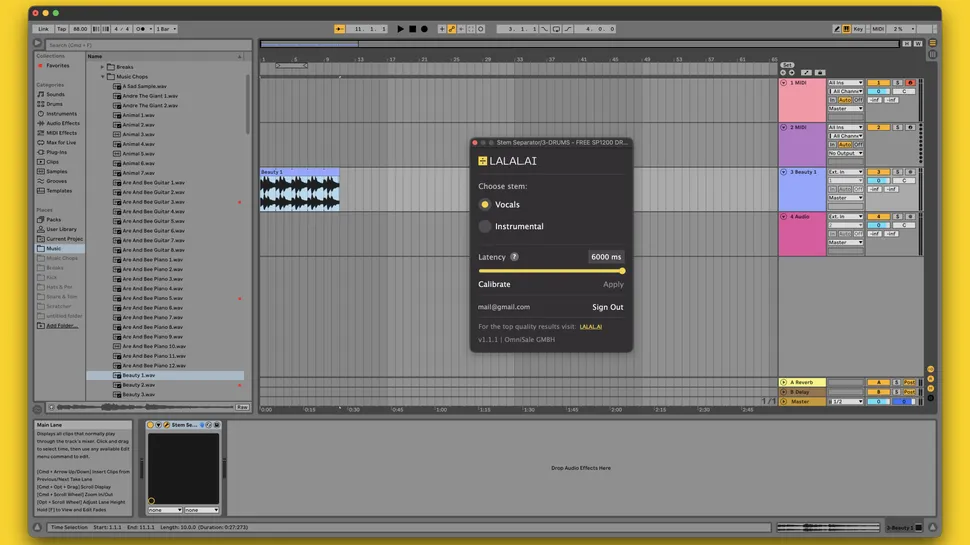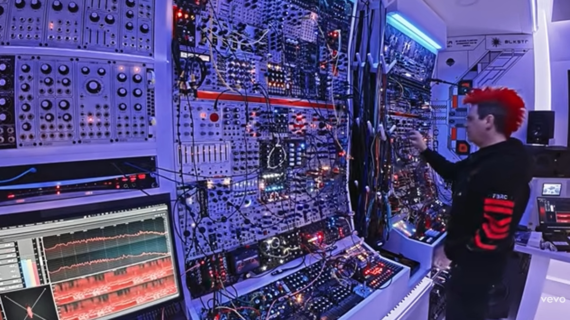LALAL.AI Launces First VST Stem Splitter

LALAL.AI brings its AI-powered stem separation into your DAW with its first plugin.
New LALAL.AI plug-in features splitting for vocals and six different instruments.
LALAL.AI is a browser-based, AI-powered stem separation platform launched in 2020 that has since expanded to encompass a range of tools that covers voice cloning and reverb removal, alongside desktop and mobile apps for stem separation.
Today, LALAL.AI launches its first plugin, bringing its stem separation technology into your DAW for the first time. It’s VST Plug-in Brings Stem Splitting Power to Popular Music Creation Software.
LALAL.AI says, “The plug-in uses LALAL.AI’s Lyra model, and is designed to run locally on nearly any hardware. Lyra delivers fast and effective stem separation, allowing unlimited experimentation and consistent high-quality inside the DAW. Its plugin is designed to “stop tab jumping and repetitive uploading” and help music-makers “stick to what they’re there for: making music”.
“Isolating vocals or making a purely instrumental track can happen as fluidly as a producer or artist does any other task inside their preferred software,” LALAL.AI co-founder Nik Pogorsky said.
“Professionals are already adopting tools like LALAL.AI because they solve key problems for them. We’ve simply put that tool right where they need it, in their workstation, so that they can get more creative without getting dragged out of their flow.”
The plug-in works in any DAW compatible with VST3 technology, including Ableton, FL Studio, Audacity, and many others.
LALAL.AI’s Stem Separator is compatible with macOS, Windows and Linux. It’s currently only available as a VST3 plugin but an AU version is in beta. The plugin is only available to subscribers of LALAL.AI’s Pro tier, which costs $15/month.
Find out more on LALAL.AI website.



